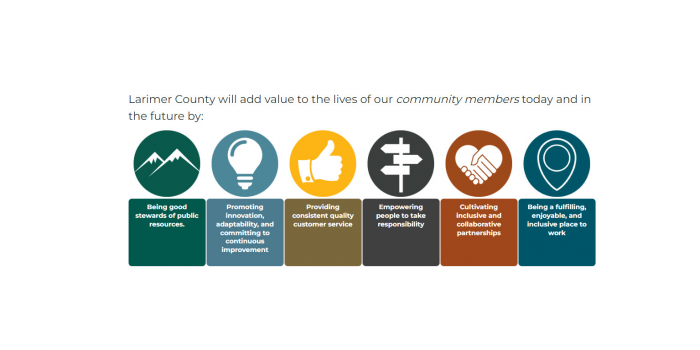 These days, there are practically the same number of “Career Experts” as there are job seekers. They come in all flavors. There are the career coaches, the career counselors, and the career consultants. To add to that, there are speakers, authors and bloggers. One thing you can be sure of – we all have the best intentions. We are trying with all our might to help solve the unemployment crisis. The question for you is…who are you supposed to listen to when so many different opinions are thrown at you at lightning speed? The answer is…YOU!
These days, there are practically the same number of “Career Experts” as there are job seekers. They come in all flavors. There are the career coaches, the career counselors, and the career consultants. To add to that, there are speakers, authors and bloggers. One thing you can be sure of – we all have the best intentions. We are trying with all our might to help solve the unemployment crisis. The question for you is…who are you supposed to listen to when so many different opinions are thrown at you at lightning speed? The answer is…YOU!
The fact is, when we “Career Experts” speak or write, we are presenting opinions, not facts, even though we may seem very convinced that what we are saying is true. However, any job seeker who has been searching for a while has probably noticed some contradictions out there, many of which are from very well respected gurus of the field.
To prove my point, let’s look at resume length. Many Career Experts are convinced that a resume should be one page at most, while others will proclaim that a resume should be two pages in length. Which is correct? Well, if you ask me, neither is. The length of a resume depends on the amount of experience that you bring to bear and the type of profession you are in. If you have 30 years of experience, it is perfectly acceptable to have a three page resume, assuming of course that it is concise and not overly wordy. If you are in a technical field like science or healthcare, you might have multiple pages listing documents that have been published. In my opinion, a longer but concise resume is much preferred to a one or two page resume with a teeny tiny font. A longer resume offers the added benefit of enabling you to fill your document with more keywords, which happens to be the only way that computers can find you these days. It’s quite ironic that the word recruiter rhymes with computer, isn’t it?
Up for similar debate is whether cover letters are truly necessary anymore. I’ll start off with some simple facts: I do actually read cover letters. Do I read all of them? Absolutely not. Has a well written cover letter caused someone to get hired and has a poorly written one caused someone not to get hired? Absolutely yes to both. That being said, I know plenty of people who don’t read them. So, should you send one? In my humble opinion, you should send one only if you take the time to do it right. Sending a generic cover letter void of personality and specific company information seems like a frivolous task. Instead, spend the time to research who the hiring manager actually is (as opposed to a Sir or Madam) and impress the reader by addressing that person. To take it a step farther, tell the reader why you’d like to work for their company based on your research. You’ll find the best reasons in the About section of their website.
There are similar debates out there about putting years of graduation on your resume, about whether you should post your resume online at all, and about how many headhunters to work with at one time. The moral of the story is this. If an Expert tells you something that doesn’t make sense, don’t just take it as fact but instead, ask them why. Afterwards, do some research on their background. Are they a corporate recruiter, a headhunter, an HR professional, an expert in your particular industry or just someone who is trying to help? Does their opinion make sense to you and are you willing to let prior opinions go by the wayside?
Absolutely Abby’s Advice:
Become the “Captain of Your Own Career”. Explore the buffet of options and pick and choose some tidbits from each of the Experts based on your own preferences. At the end of the day, it’s your opinion that really counts as you navigate the waves of the job search seas.



